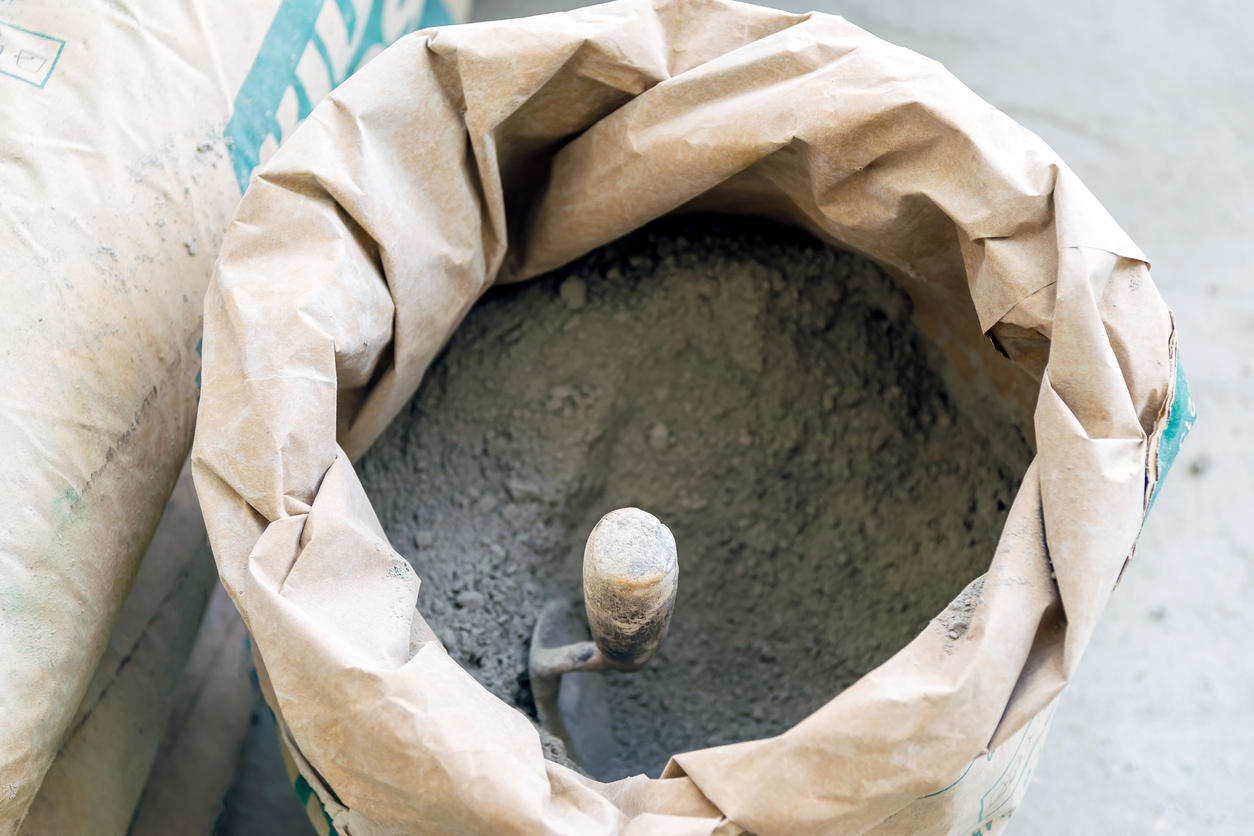How Much Does a Bag of Cement Cost in Nigeria?
How Much Does a Bag of Cement Cost in Nigeria?
For developers, construction companies, and individuals involved in building projects, understanding the cost of essential materials like cement is crucial for budgeting and planning. Cement is a fundamental component in construction, and its price can significantly impact overall project costs. This article provides an in-depth look at the current prices of cement in Nigeria, factors affecting these prices, and tips for purchasing cement effectively.
Current Prices of Cement in Nigeria
As of 2024, the price of a 50kg bag of cement in Nigeria ranges between ₦3,600 and ₦4,200, depending on the brand and location. Here are some of the major brands and their approximate prices:
- Dangote Cement: ₦3,600 – ₦3,800 per bag
- Bua Cement: ₦3,700 – ₦3,900 per bag
- Lafarge (Elephant) Cement: ₦3,800 – ₦4,000 per bag
- Ashaka Cement: ₦3,600 – ₦3,800 per bag
- Unicem: ₦3,700 – ₦3,900 per bag
These prices are subject to fluctuations due to several factors, which we will discuss next.
Factors Affecting Cement Prices in Nigeria
- Production Costs: The cost of raw materials, labor, energy, and transportation directly affects the price of cement. Any increase in these costs leads to higher cement prices.
- Exchange Rates: As Nigeria imports some raw materials for cement production, exchange rate fluctuations can impact prices. A weaker naira typically results in higher costs.
- Supply and Demand: High demand during peak construction seasons or limited supply can drive up prices. Conversely, lower demand or increased supply can lead to price reductions.
- Government Policies and Tariffs: Import duties, taxes, and regulatory policies can affect cement prices. Government interventions aimed at stabilizing prices can also play a role.
- Transportation Costs: The cost of transporting cement from production plants to different regions can vary, affecting the final price. Remote areas often face higher prices due to increased transportation costs.
Tips for Purchasing Cement
- Bulk Purchases: Buying cement in bulk can lead to significant cost savings. Many suppliers offer discounts for large orders, making it more economical for large projects.
- Supplier Selection: Choose reputable suppliers to ensure you get quality cement. Reliable suppliers often provide better customer service and more consistent pricing.
- Location Consideration: Prices can vary by location due to transportation costs and local demand. Compare prices in different areas to find the best deals.
- Seasonal Buying: If possible, purchase cement during off-peak seasons when demand is lower. Prices are typically more competitive during these times.
- Long-term Contracts: Establishing long-term contracts with suppliers can lock in prices and ensure a steady supply, protecting against future price increases.
Conclusion
The cost of cement in Nigeria is influenced by various factors, including production costs, exchange rates, supply and demand, government policies, and transportation costs. As of 2024, a 50kg bag of cement ranges between ₦3,600 and ₦4,200, depending on the brand and location. For developers and construction companies, understanding these dynamics and purchasing strategically can help manage costs effectively.
At Wigmore Trading, we understand the importance of reliable and affordable construction materials. We offer a wide range of cement brands at competitive prices, ensuring that your projects run smoothly and within budget. Partner with us for all your building material needs and benefit from our expertise, reliable supply chain, and excellent customer service. Visit WigmoreTrading.com today to learn more about our products and services.








LEAVE A COMMENT
You must be logged in to post a comment.